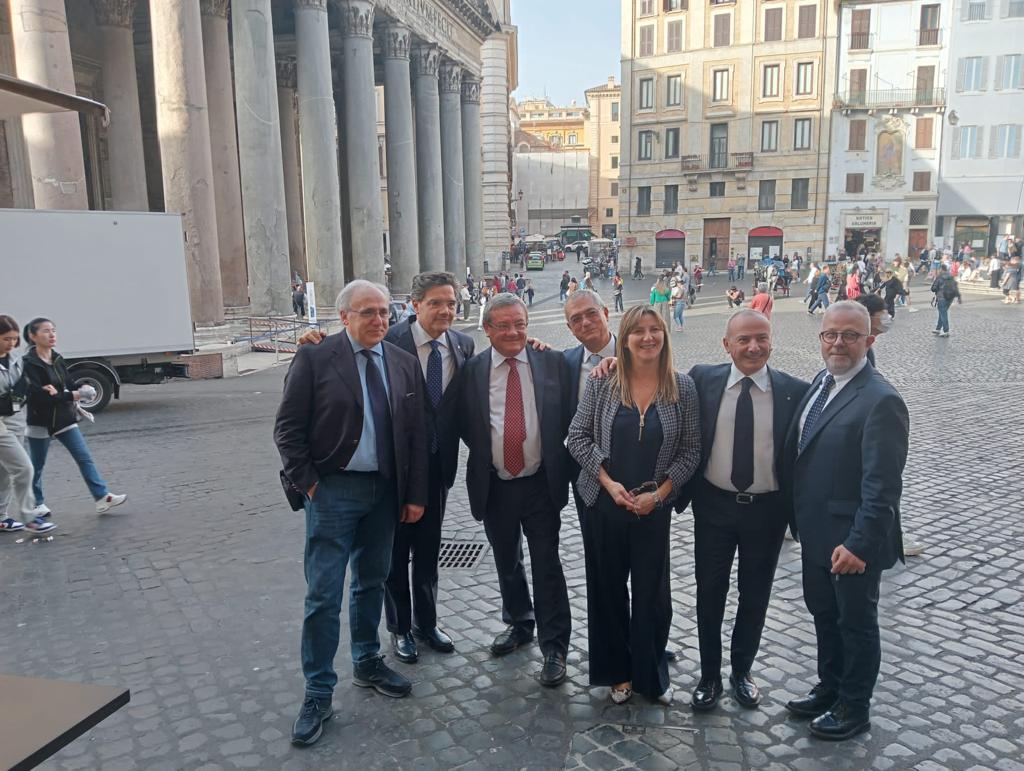FMPI ASSEMBLY PRESENTED THE NEW SERVICE CHARTER
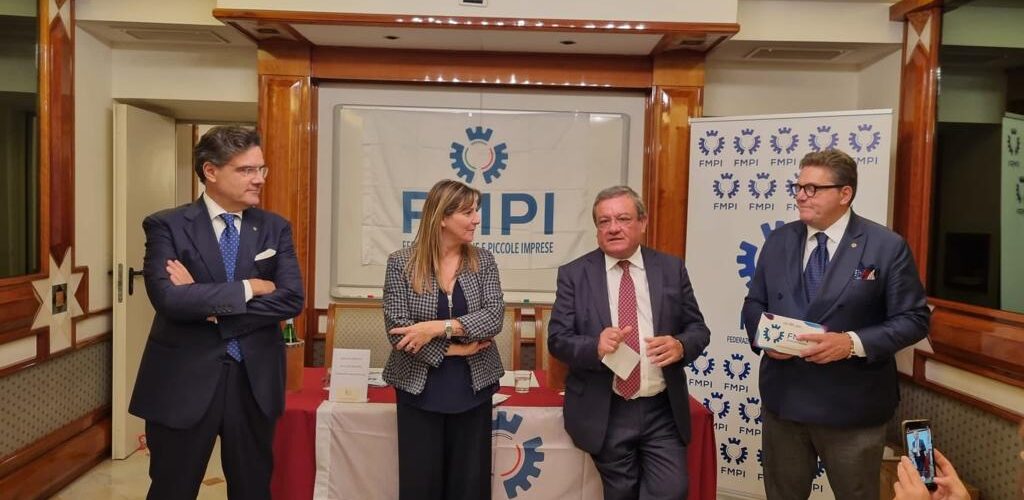
The Assembly of regional secretaries and all national governing bodies of FMPI was held in the prestigious setting of the Hotel Albergo del Senato in Rome in front of the Pantheon on Thursday, Oct. 27, for an in-depth review of assigned tasks and to present the new “Service Charter.”
As part of this initiative, the opportunity was also taken to make some initial reflections on the new government that, under the leadership of Giorgia Meloni, is beginning its work.
In fact, “Minister Urso’s initiative to start an Enterprise Ombudsman and to avow procedures on enterprise matters to the ministry when other institutions do not give answers is welcome. All of this confirms the new government’s active focus on businesses and especially on small and micro enterprises that are the productive engine of Italy.”. This was stated by Secretary General Salvatore Ronghi and President Antonina Terranova of Fmpi (Federation of Medium and Small Enterprises) at the Programmatic Assembly.
“With Giorgia Meloni as premier, with Minister Urso and with the political vision of the right-center leading the country, the great turning point has begun that will lead us to the abatement of the taxation that burdens businesses, the reduction of as much as five points in the tax wedge, and legislative and administrative simplification, actions that are indispensable to restart economic growth and work in Italy. To achieve these goals – added Ronghi and Terranova-our federation will be in the field with its own proposals to contribute to the revitalization of small and micro businesses and to help implement the program of a government that has made it its political center of gravity.”
Fmpi will ask the government for some urgent measures and especially economic resources to cope with the burden of high utility bills. About one million micro and small businesses are at risk of closure due to this emergency, the federation says. In addition, the urgency of ending the contract jungle was stressed: there are more than 950 national labor contracts surveyed by Cnel, “Is an unsustainable framework that fuels uncertainty and unequal working conditions“. “It is necessary to proceed – said Terranova again – To the reform of bargaining, through the introduction of National Sector Contracts, and encourage second-level bargaining“.
Fmpi Director General Salvatore Ronghi, without mincing words, attacked Confindustria President Bonomi claiming that “his interventions always go in the same direction, to safeguard large enterprises, which make up just under 7 percent of Italy’s business apparatus. We, on the other hand, – continued Ronghi – we want to defend and support those micro and small enterprises that represent, the real Italian production chain. That is why we are pleased with the direction in which the new government is moving and can only support it.”
In addition, Ronghi concluded, “Italy needs to revive the manufacturing sector and therefore Made in Italy, including with a new “Fiscal Pact” that includes a drastic cut in the tax wedge, to reduce the cost of labor, reform to reduce the tax burden, the cancellation from “tax bills” of the cost of interest and penalties, in order to regularize the due.”
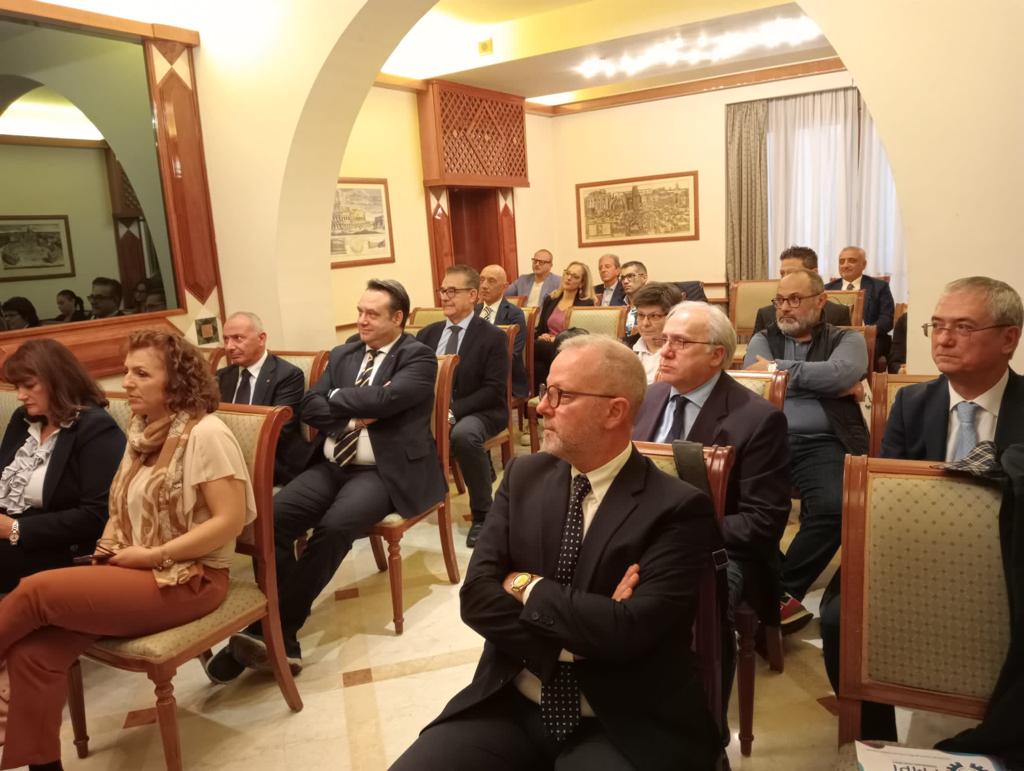
Giuseppe Fontanarosa, president of the Fmpi European Po.La.Ri.S study center, for his part noted that “in Italy there are many measures for active labor policies that have the discriminating feature of rewarding large companies at the expense of SMEs. Symptomatic is the case of the New Skills Fund with which the total resources disbursed for training projects, as of February 2022, amounted to more than 547 million euros. Out of a national total of 14,617 training projects joining the Fund, the largest number of applications came from the South and Islands territorial area (7,527 applications). Yet the largest resources have gone to large companies, which, of course, are located in the Central/Northern“. In fact, Fontanarosa continued, “the Court of Auditors writes that Lombardy is the region that obtained the highest amount – 399,662,652.18 euros – in favor of 213,048 workers and for an overall total of 22,823,855 hours or 34.35 percent of the authorized national resources. Added to this figure is that of businesses. Those active in Italy in 2020 are 1,614,243, employing 13,707,237 people. 93.3 percent of enterprises employ up to 15 employees (Source Sistan). Well only 329 enterprises received 37% of the disbursed resources and in particular 21 of them received 21% of the total“.
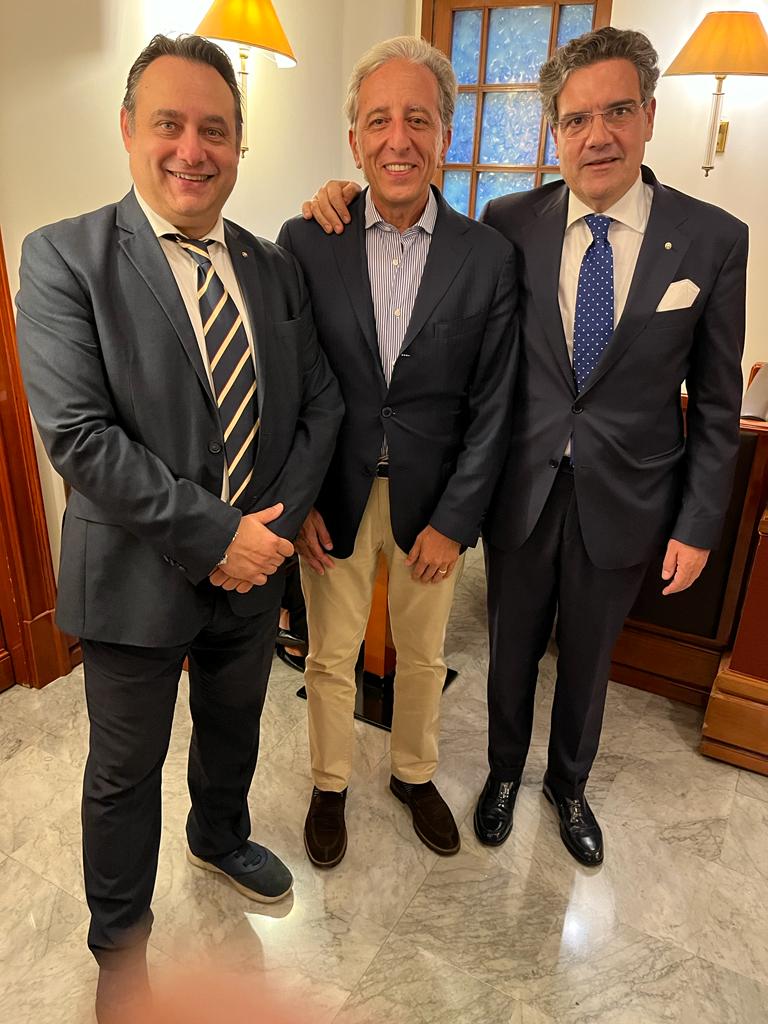
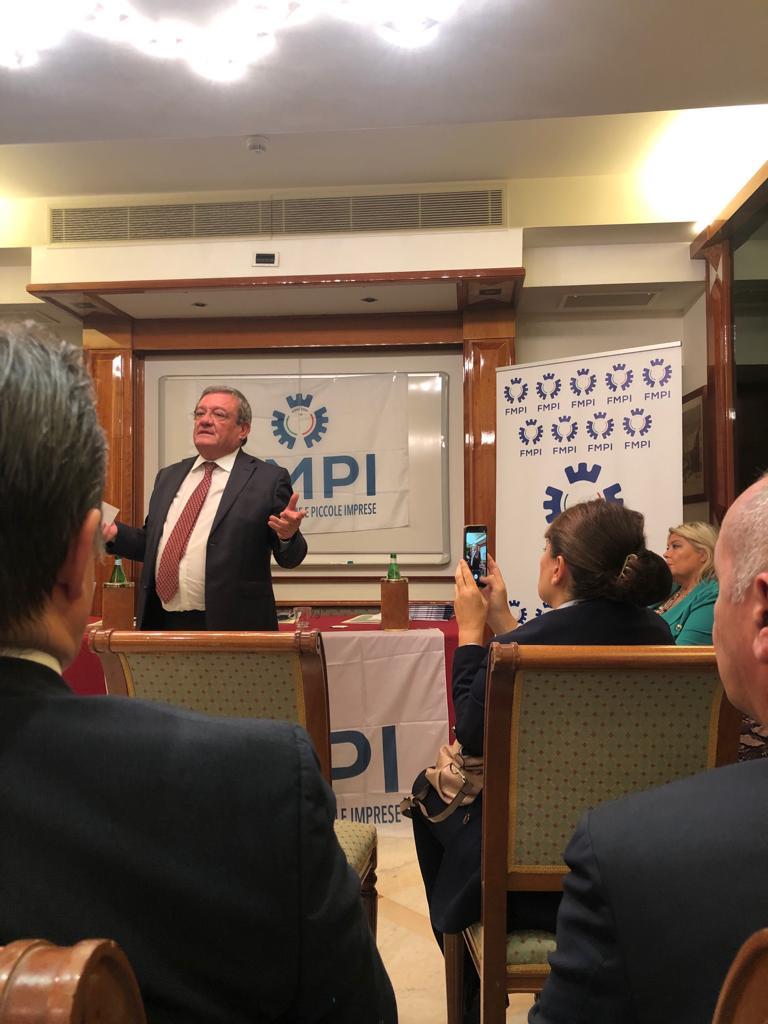
In short,” Fontanarosa concluded, “40 percent of the total resources made available through the New Skills Fund were disbursed to 0.03 percent of Italian enterprises. That is why it is necessary to erase this discrimination through the inclusion of parameters that do not penalize SMEs.”
“To achieve these goals,” concluded President Terranova, ” our federation will be in the field with its own proposals to contribute to the revitalization of small and micro enterprises and to help implement the program of a government that seems to have made it the main focus of its action.
There were numerous interventions that enriched the reflection and debate including those of Massimo Lucidi, Gabriella Peluso, Carlo Ciampi, Luca Pantanella, Natalino Priscoglio, Rosa Pestilli, Giuseppe Custode, Andrea Castaldo, Domenico Romano, Renato Rossi, Nicola Di Iorio, and Angelo Lupoli. Also of note are the appearances of Fausto Perna, Anna Sorrentino, Diana Ciotu, Darya Lischinsky, Raffaele Sirica, Salvatore Grimaldi, Enzo D’Amore, Donato Scarinzi, Lino Fiscarelli, Enrico Scaccini, Carla Grassi, Enzo Gallo, and Natale Scrima.
